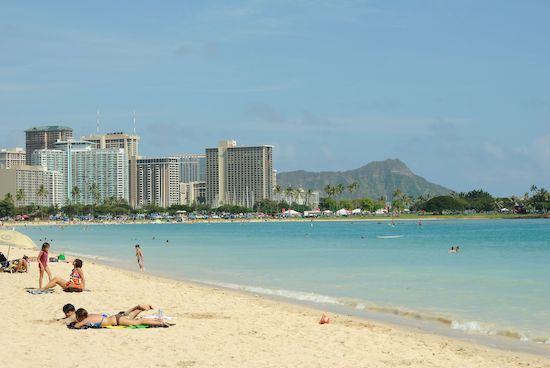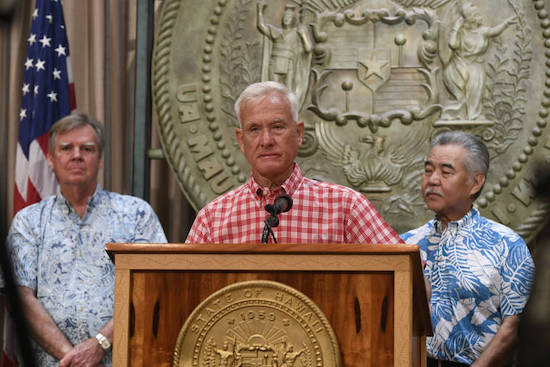
by Christian Palmer
Hawai‘i’s Improved Plastic Bag Ban
At the end of the summer, the Honolulu City Council approved a new version of the plastic bag ban that prohibits vendors from providing free plastic bags to shoppers, including the thicker “reusable” plastic bags that have become ubiquitous since the first plastic ban went into effect in 2012.
Under the new law, vendors must charge 15 cents a bag until 2020 when all plastic bags for carrying things will be banned. Exempt from the ban are thin plastic bags used for selling bulk items or bagging produce and meats as well as bags restaurants provide for takeout and bags used by laundries and dry cleaning businesses. Paper bags can be provided but must contain 40 percent recycled materials.
On the positive side, Hawai‘i is the only state in the U.S. where the entire state has some form of a plastic bag ban, illustrating our state’s leadership in environmental legislation and our connection to the oceans, where a lot of these bags can end up.
Worldwide, more than 500 billion to 1 trillion plastic bags are used each year, with most of them being used for an average of 20 minutes. At the end of their short life, most bags end up in landfills or littering cities, forests and coastlines. They are also ingested by animals or can block drain pipes, creating breeding grounds for mosquitoes in areas with malaria and dengue.
The challenges of creating an effective bag ban and the fact that the bag ban ignores so many types of plastic bags really illustrates the complexity of changing our business and consumer cultures. Plastic is so cheap that even thicker plastic is cheaper than paper or other alternatives. In addition, consumers are so used to disposable packaging that we expect it. The only real way to make lasting environmental change is to mandate change and even then regulations must be carefully crafted so that corporations can’t work around them.
An example of the power of effective regulation can be illustrated when chlorofluorocarbons (CFCs) and other chemicals were burning a hole in the ozone layer. In response, countries from around the world came together and approved the Montreal Protocol, which effectively banned the substances and required that manufacturers of these chemicals find other ways to provide similar products. The ban was effective; the hole in the ozone has been closing since the 1990s. This illustrates that well-crafted governmental action, rather than individual choice, is often the most effective way to change harmful consumption choices.
To me, plastic bags are similar in many ways. Plastic bags provide little in terms of service. That is, they do not make our lives any richer nor more meaningful and the service they do provide can easily be done by reusable cloth bags, biodegradable paper bags, or in many cases, no bag at all. So, let’s continue to improve the legislation and find better, safer and more sustainable alternatives.




